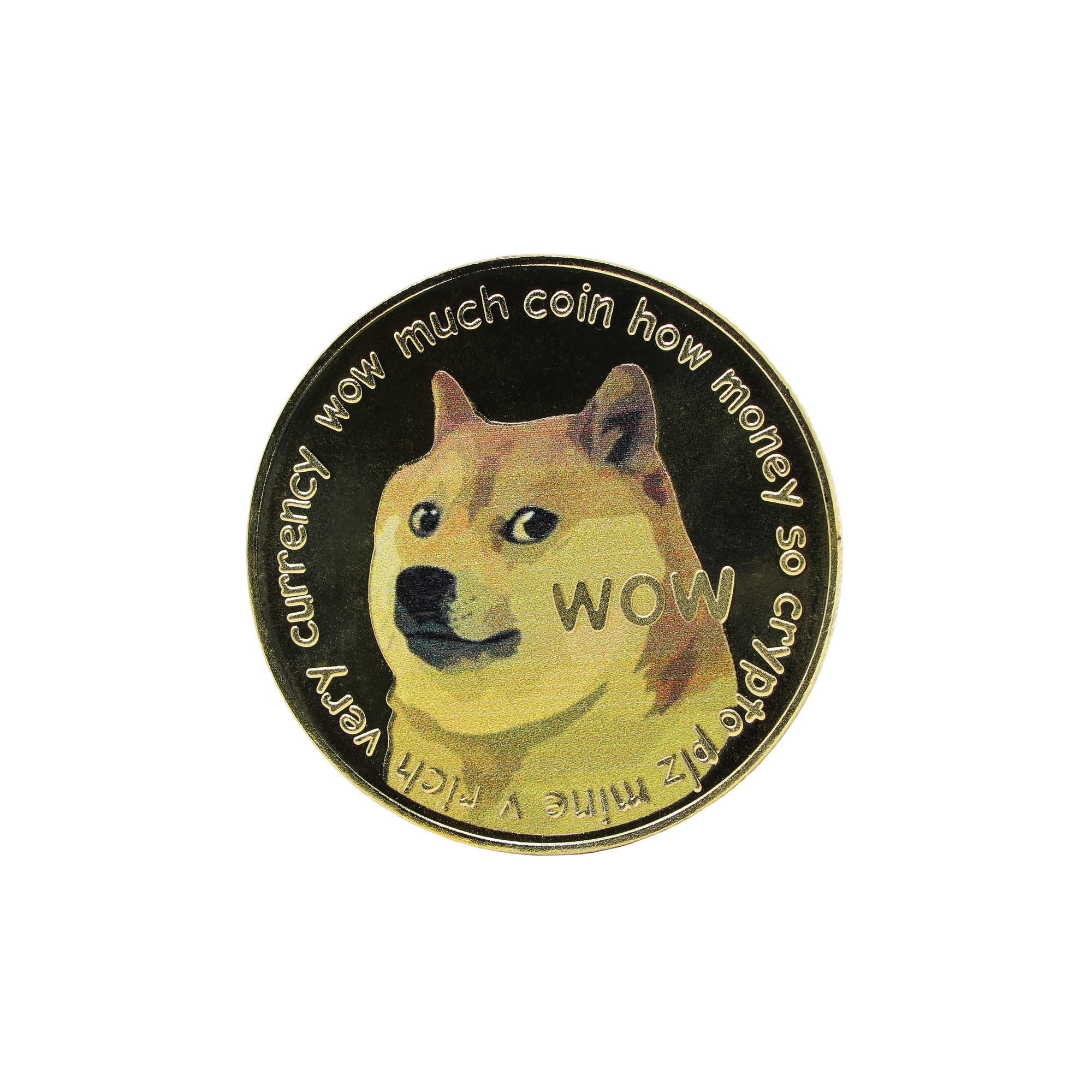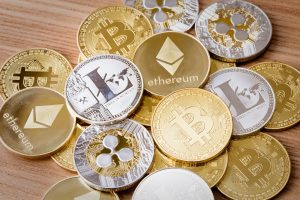This week marks an exciting milestone in the intersection of cryptocurrency and gaming as major developments have taken place, highlighting the growing influence of blockchain technology within the gaming industry.
Recent trends have seen an increase in mainstream adoption of cryptocurrencies within gaming platforms, driven by the integration of blockchain technology to enhance user engagement and create new monetization avenues. Notably, Dogecoin, a cryptocurrency that initially gained popularity as a meme, has now entered the gaming scene, signaling its expanding utility beyond just digital transactions.
In addition to Dogecoin’s entry into gaming, the launch of FIFA Rivals by EA Sports has garnered attention. This new competitive mode leverages blockchain technology to introduce unique digital assets, such as NFTs, which players can earn, trade, and showcase as part of their gaming experience. FIFA Rivals aims to blend traditional sports gaming with innovative crypto-based features, aiming to attract both sports fans and crypto enthusiasts.
The impact of these developments is significant for various stakeholders. Gamers now have more opportunities to earn and trade digital assets, which could lead to increased engagement and monetization. Developers are exploring new revenue streams through blockchain-based items and collectibles, fostering a new economy within gaming ecosystems. Crypto companies see this as a strategic move to expand their user base and demonstrate real-world utility of their tokens.
Market analysts are closely watching how these integrations will influence gaming and crypto markets in the coming months. The success of Dogecoin’s gaming ventures and FIFA Rivals’ blockchain features could accelerate adoption, encouraging other game developers to incorporate similar technologies.
Next, industry experts anticipate further collaborations between gaming platforms and crypto firms, with more games adopting blockchain for digital ownership and decentralized finance features. Regulatory considerations remain a key risk, as the industry navigates the legal landscape surrounding crypto assets in gaming environments.
What does Dogecoin’s entry into gaming mean for its value?
Its participation in gaming could increase demand and utility, potentially boosting its market value as it becomes integrated into popular entertainment platforms.
How might FIFA Rivals influence the future of sports gaming?
It could set a precedent for integrating blockchain features into mainstream sports titles, encouraging other developers to explore similar innovations.
What are the risks associated with blockchain-based gaming?
Potential regulatory hurdles and volatility in crypto markets pose risks, along with the challenge of mainstream acceptance and user understanding of blockchain technology in gaming.







